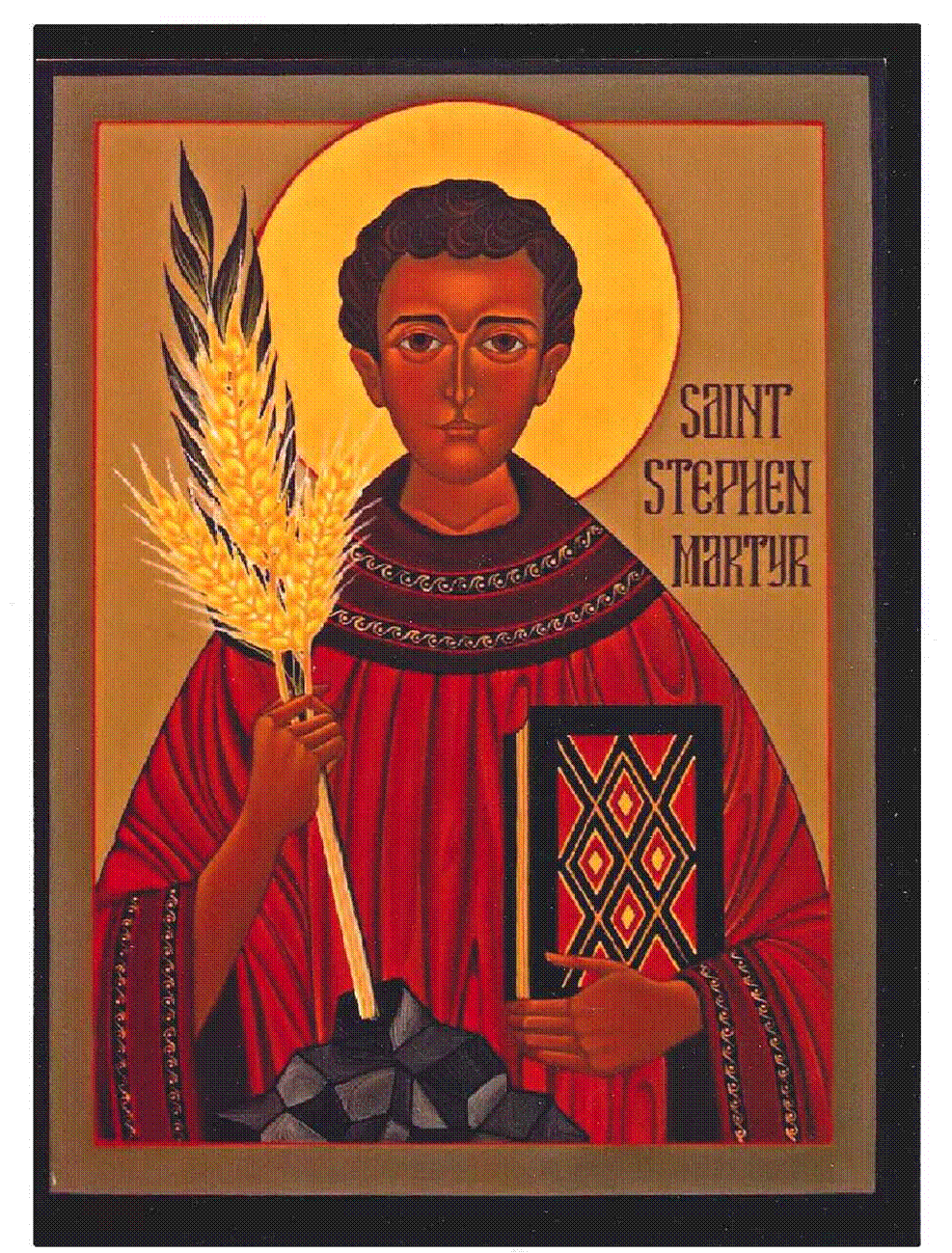Shanah Tovah
- The Rev. Mark Walters
- Sep 28, 2022
- 3 min read

I once had a parishioner ask me to do some teaching about the Jewish holidays. I never did, mostly because I’m not qualified to do so. But I can pass on teaching from someone who is qualified. I hope you find this as valuable as do I. (I’ve edited this for brevity.)
Shanah Tovah for those celebrating the High Holy Day season that begins with Rosh Hashanah, the birthday of the world, and culminates ten days later with Yom Kippur, the Day of Atonement! For non-Jews, I hope this will be an opportunity to learn something about what this time of year means to the American Jewish community and how the meaning of this season informs the Jewish response to the issues facing our country today.
We are in a time of great turmoil in our country today, politically and socially. The High Holy Day season overlaps with an election season that is more fraught and intense than any other election in recent memory. I believe we can gain strength and inspiration from the spiritual underpinnings of Rosh HaShanah that will help to carry us through this historical time in which we find ourselves
Rosh Hashanah, literally the Head of the Year, celebrates the wonder and miracle of God’s creation. It is both a time of joy and a time of solemnity. Joy in the gift of the beauty of this world and solemnity as the holiday begins the Ten Days of Repentance, a time of self-reflection, repentance and forgiveness.
The joy is palpable, as we pray and sing of God’s forgiving power and of our trust in God’s love and compassion, as we eat apples and honey to symbolize the sweetness of creation and as our hearts are stirred by the sounding of the shofar. But we also are reminded that creation is not yet complete. For Judaism teaches us we are all partners with God in the ongoing work of creation and that it is our responsibility to engage in acts of tikkun olam, the repair of the world, or what we call today social justice. (Lutheran theologian Philip Hefner said that we are created co-creators with God. I find this a good way to think about our stewardship of the earth and all the life that is in it.) Without social justice, all the prayers in the world are of no avail. Prayer, fasting and ritual must be accompanied by care for the widow, the orphan, the hungry, the homeless and the stranger in our midst.
The solemnity increases as Rosh Hashanah draws to a close and we begin ten days of self-examination, considering what acts of the past year make us proud, that we hope to continue in the coming year, and what acts made us sorry, that we vow not to repeat in the coming year. It is a time when we go to each of the people in our lives and ask forgiveness for any hurt, whether knowing or unknowing, that we may have caused them in the past year (emphasis added). For we know that there can be no forgiveness for sins between ourselves and the Divine until we have first sought forgiveness from our fellow human beings. (Forgive us our sins, as we forgive those who sin against us.)We are each accountable for our actions and must make amends before we can be forgiven.
It is easy in these difficult days to become overwhelmed, to lose hope, and to feel helpless to make a difference in repairing the world. But I have spent the last 35 years working for justice alongside people of all faiths and of no faith, and I know that together, we have the power to change the world. Jews, Christians, Muslims, Buddhists, Hindus, Sikh, Unitarians, Wiccans, Quaker and Baha’i, people who are spiritual and people who are atheist, we have all banded together time after time, had each other’s backs, and worked together for a more just, equitable and compassionate society. I know we will continue to do so as we move forward.
Let us all vow to face the year ahead, whether the Jewish year 5783 or the secular 2023, in solidarity, to build the beloved community we all wish to see.
L’Shanah tovah tikatevu,
Rabbi Bonnie Margulis (she/her) Chair, Wisconsin Religious Coalition for Reproductive Choice
























Comentários